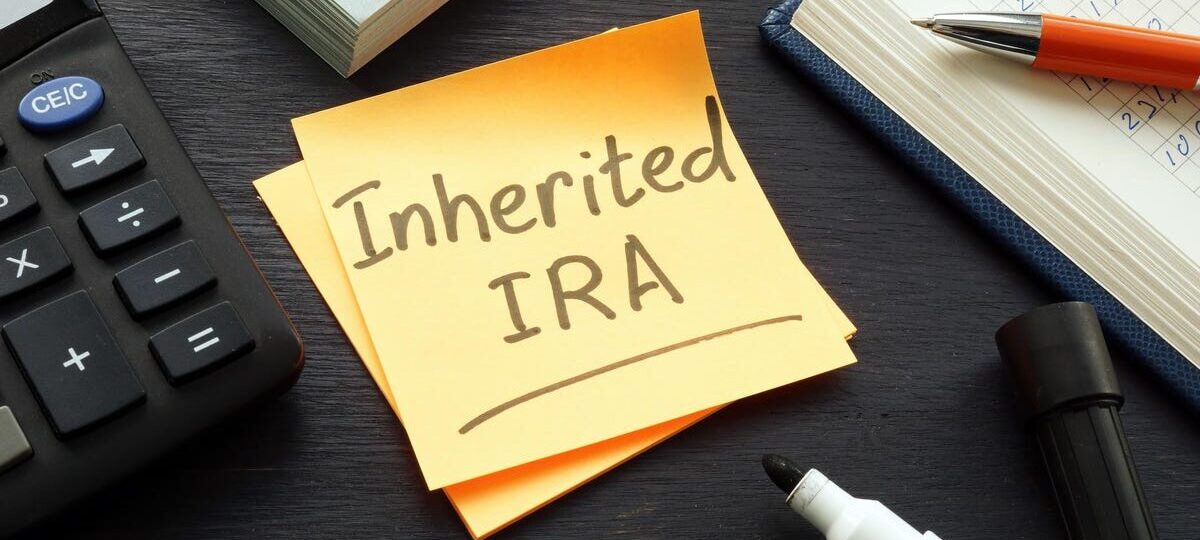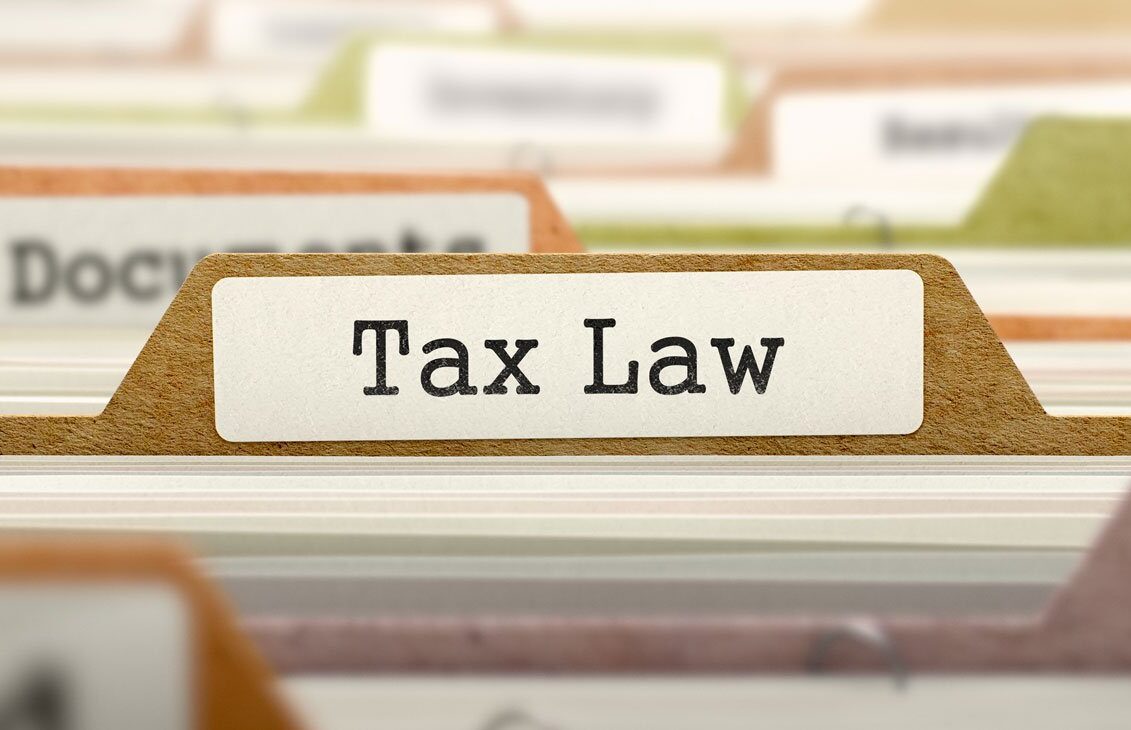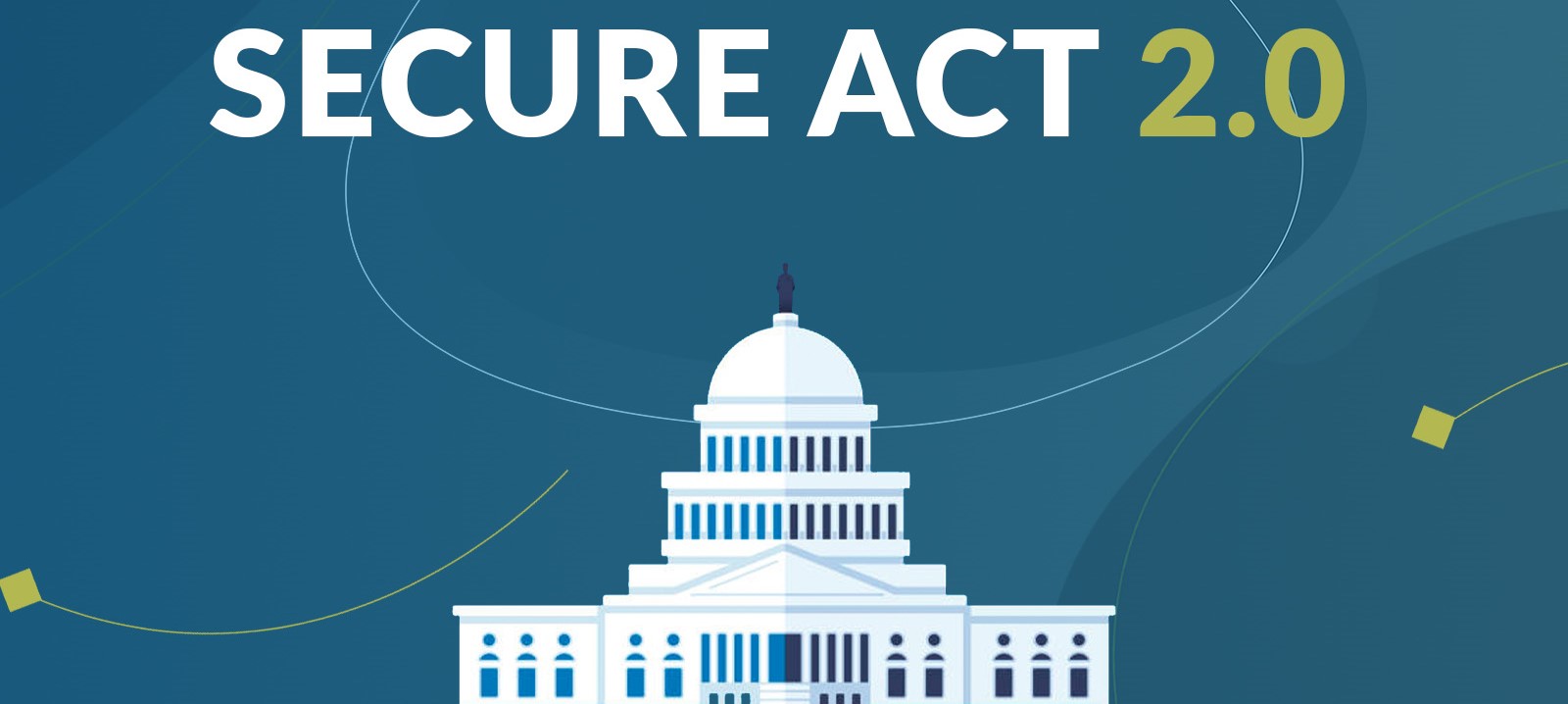On October 7, 2022, the IRS Notice 2022-53 waived the 50% penalty on missed 2021 and 2022 inherited retirement account RMDs for beneficiaries subject to the SECURE Act 10-year payout period. The notice says the IRS will not impose the penalty for missed 2021 or 2022 RMDs within the 10-year period if the account owner died in 2020 on or after his required beginning date with a beneficiary who is not an eligible designated beneficiary (“EDB”). (The “required beginning date” is April 1 of the year after the year the IRA owner turns 72.) The IRS also will not impose a penalty for a missed 2022 RMD within the 10-year period by a beneficiary who is not an EDB if the account owner died in 2021 on or after his required beginning date.
When will the IRA reimpose the penalty?
The IRS says that a penalty on missed RMDs, within the 10-year term will not be imposed until 2023. If a beneficiary already paid the penalty for a missed 2021 RMD, the beneficiary can request a refund. Although IRS Notice 2022-53 is unclear, you do not have to take the missed RMDs, since the penalty was waived. It is important to note that the notice does not affect lifetime RMDs, inherited IRAs by EDBs, or RMDs by beneficiaries who inherited before 2020.
The SECURE Act imposed a 10-year payout rule for an individual beneficiary who is not an EDB and inherits after 2019. That rule requires that a non-EDB empty the retirement account by the end of the 10th year following the year the account owner died
Proposed Regulations
On February 23, 2022, the IRS issued proposed regulations that said that if the account owner died on or after his required beginning date, a non-EDB would be subject to the 10-year rule AND would be required to take annual RMDs during years 1-9 of the 10-year period. That interpretation surprised most commentators who thought the 10-year regulation would apply like the pre-SECURE Act 5-year rule, which did not require annual RMDs.
In Notice 2002-53, the IRS said it received several comments indicating that it would be unfair to apply the annual RMD requirement when an account holder died in 2020 since the non-EDB would not have known that an RMD was required in 2021. The notice also provides relief to beneficiaries of an EDB who died in 2020 or 2021 while taking annual RMDs.
By Ian Berger, JD
IRA Analyst











